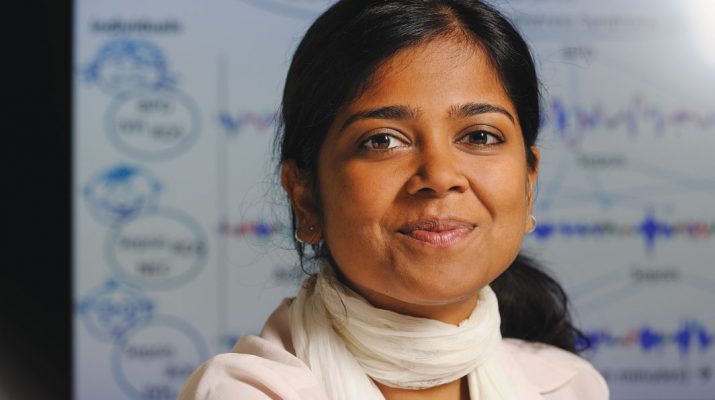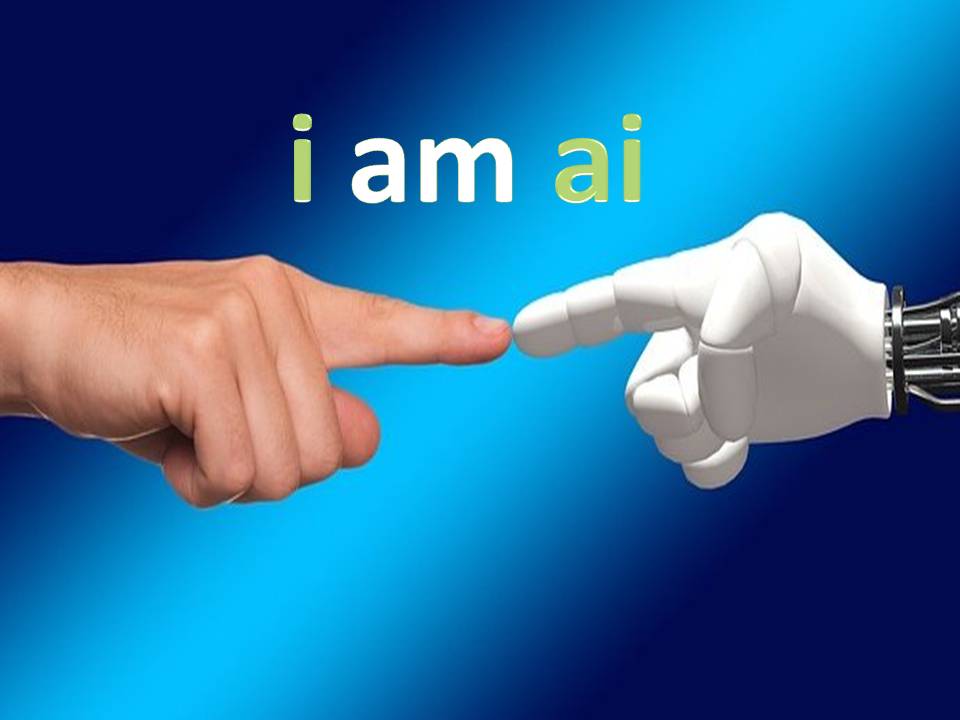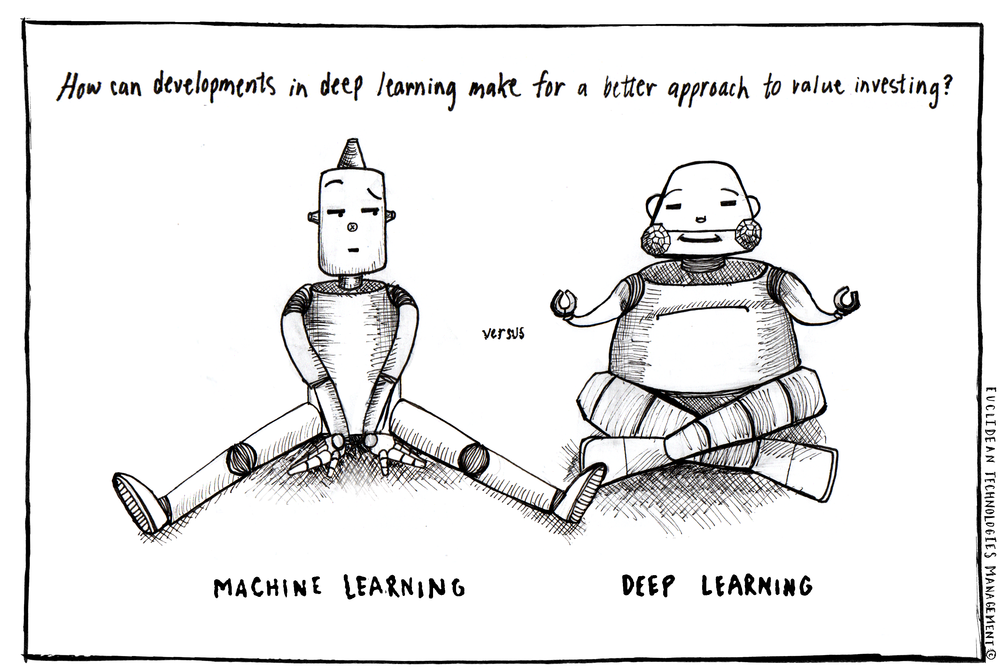Dr.Suchi Saria, holding a joint appointment in health system informatics at the Johns Hopkins University School of Medicine, and Assistant Professor of Computer Science, Johns Hopkins University, presents “The Impact of Artificial Intelligence on Healthcare”.
In less than a decade, the field of “artificial intelligence” or “AI” has been jolted by the extraordinary and unexpected success of a set of techniques now called “Deep Learning”. These methods (with some other related rapidly advancing technologies) already exceed average human performance in some kinds of image understanding; spoken word recognition and language translation; and indeed some tasks, like the game of Go, previously thought to require generalized human intelligence. Artificial Intelligence may soon replace humans in driving cars, coding new software, robotic caregiving, and making healthcare decisions. The societal implications are enormous.
TARGETED
REAL-TIME
EARLY
WARNING
SYSTEM

Dr. Suchi Saria is an assistant professor of computer science at the Whitings School of Engineering and of health policy and management at the Bloomberg School of Public Health.
Her research focuses on machine learning and computational statistics, and their applications to domains where one has to draw inferences from observing a complex, real-world system evolve over time. Her lab has been recognized by the National Science Foundation for its work in modeling complex, chronic diseases such as scleroderma.
She is currently engaged in Bayesian and probabilistic graphical modeling approaches for addressing challenges associated with modeling and prediction in real-world temporal systems. In the last seven years, she has been particularly drawn to problems that involve modeling data from sensing platforms and electronic health records.
Dr. Saria received her undergraduate degree from Mt. Holyoke College. She earned her M.Sc. and Ph.D. from Stanford University. She completed an NSF Communication Innovation fellowship at Harvard University. Dr. Saria joined the Johns Hopkins faculty in 2012.
Her work has been recognized with two Hopkins Discovery Awards, a National Science Foundation Smart and Connected Health Research Grant, a Google Research Award, an Annual Scientific Award from the Society of Critical Care, and a Betty and Gordon Moore Research Award.




